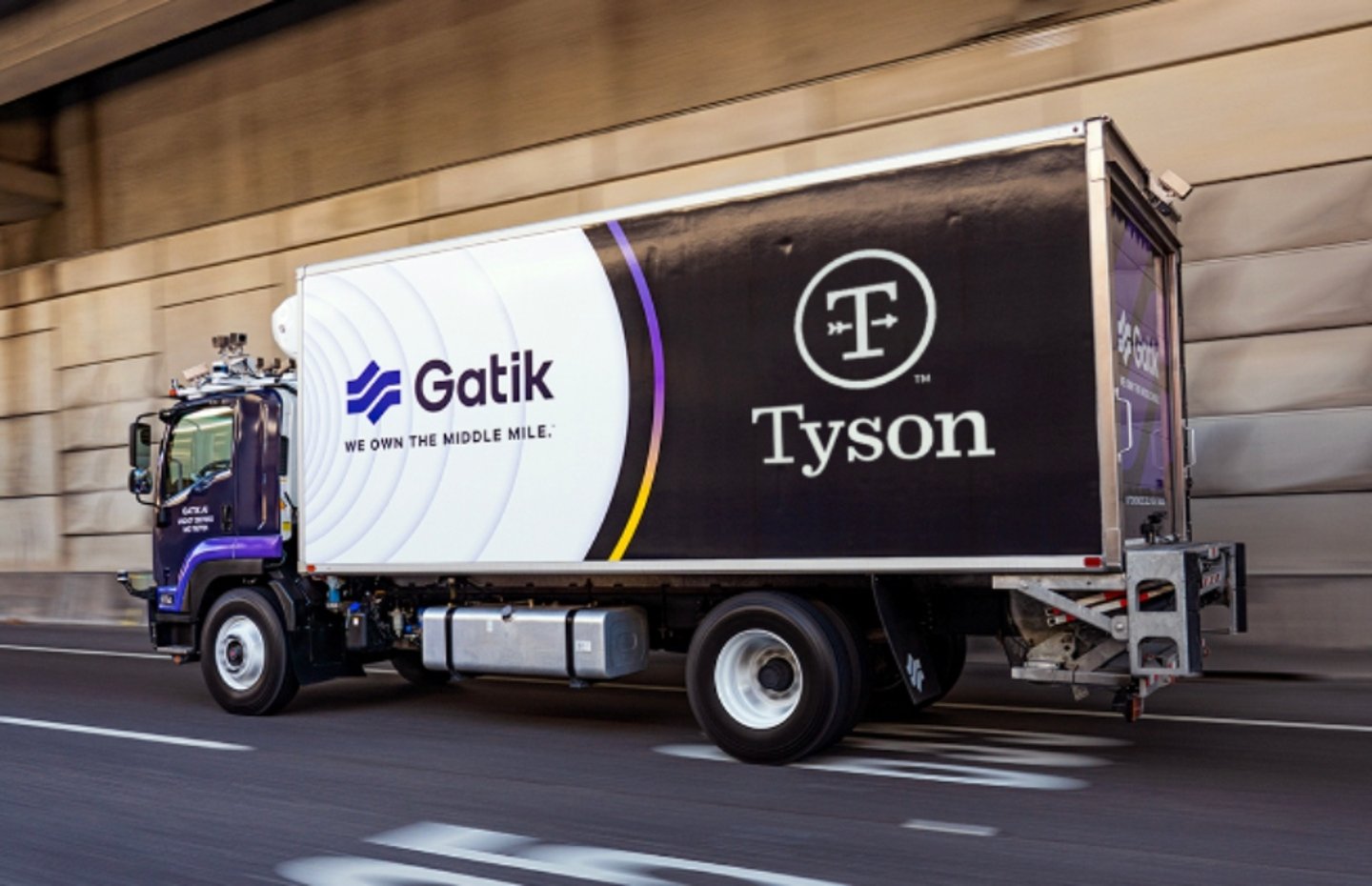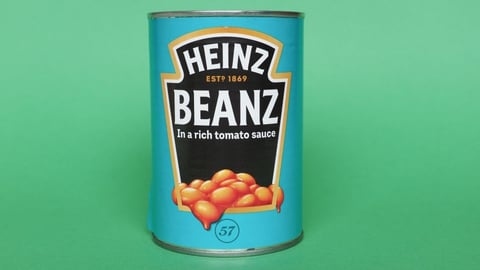Tyson Foods Embarks on Autonomous Truck Journey
Tyson Foods is trying its hand at driverless delivery.
The food giant has revealed plans to pilot autonomous refrigerated trucks in specific regions of Arkansas. Tyson has entered into a multi-year agreement with middle-mile logistics company Gatik to spearhead the efforts.
In theory, the shift will allow Tyson Foods to allocate high-demand drivers to long-haul routes, thereby decreasing reliance on third-party trucking services. The company hopes that the adoption of smaller units – which are approximately half the size of conventional trucks – will facilitate faster turnarounds at pickup and delivery points, enabling smoother freight movement in more manageable clusters.
In its initial pilot phase, the AI-powered trucks will transport refrigerated trailers along predefined short-haul routes, connecting Tyson Foods' distribution and storage facilities and carrying Tyson, Jimmy Dean, and BallPark products throughout the Northwest Rogers and Springdale regions of Arkansas.
To ensure safety, a driver will initially be present in the truck cabs to oversee the autonomous system and take control if necessary. The trucks are also equipped with a range of custom sensor modalities tailored for short-haul B2B operations.
With the nation continuing to suffer from widespread trucker shortages, the company says these autonomous trucks are an “innovative and safe way” to reallocate resources for greater reliability and resilience while transitioning drivers into various transportation roles within the Tyson business.
“At Tyson Foods, we are innovating and using automation throughout our business, including in transportation,” said Patrick Simmons, VP of transportation for Tyson Foods. “This partnership allows us to strategically place our drivers where they are needed most while still reliably and safely transporting protein from the plant to distribution centers.”
Supply Chain’s Automated Future
Looking ahead, experts agree that supply chain is likely to include more automation and more granularity. In a recent conversation with CGT, Dr. Ilya Jackson, postdoctoral associate at the MIT Center for Transportation and Logistics said, “In 10 years, supply chains could be highly autonomous, with AI-driven systems managing much of the processes, from procurement to delivery.”
Similarly, the future of AI in the supply chain revolves around further automation and precision, notes Jackson. “This includes autonomous vehicles for transport, advanced demand forecasting using machine learning algorithms, more effective inventory management using AI-powered prediction tools, and enhanced customer service with AI chatbots.”






